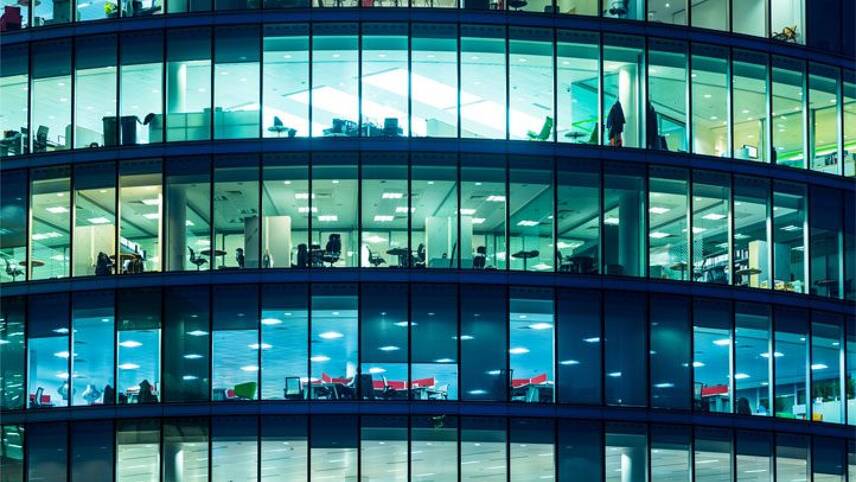Register for free and continue reading
Join our growing army of changemakers and get unlimited access to our premium content

The survey was conducted by the Royal Institution of Chartered Surveyors (RICS) and the World Built Environment Forum to form RICS’ latest annual sustainability report, published today (25 August). It polled 4,000 people in total, with an even split between workers in the commercial property sector and construction sector.
In the commercial property sector, respondents were asked about investor and occupier appetite for buildings considered ‘green’ or ‘sustainable’. Globally, 55% of respondents said demand had risen. The sharpest increase in demand was seen in Europe, with 69% of respondents reporting increased demand. Even in the Middle East and Africa region, where demand growth was the lowest, 39% of respondents reported increased demand.
Of those who did report increased demand, the majority said it was “modest” rather than “significant”.
Globally, only 6% of respondents noted a fall in demand for ‘green’ or ‘sustainable’ buildings – a far more minor fall in demand than that experienced across the sector as a whole, with lockdown restrictions and work-from-home advice leading to many businesses downsizing their estates.
RICS has reason to believe that the increase in demand is having some impact on rents and prices. Half of respondents believe the owners and operators of green buildings achieve a rent and price premium, with most of this cohort placing the premium at up to 10%. RICS has also tracked growth in “green leases” – landlord and tenant arrangements that encourage or even contractually dictate improvements in the environmental impact of the building’s operations.
Respondents identified changing demands from clients, stakeholders and customers as the biggest driver of these trends. Other key drivers included improved brand image and reputation, preparing for changes to legislation and increased awareness of risks and opportunities relating to environmental, social and governance (ESG) issues.
Spotlight on construction
As the RICS report comes on to the construction sector, it states that “while environmental and sustainability issues are beginning to influence the industry, important gaps remain”.
When the 2,000+ construction professionals were asked to name the sector’s priority environmental concerns, minimising waste was the most popular answer, closely followed by the resilience of products, materials and components. The least popular answer was reducing the impact of the sector on biodiversity.
Additionally, fewer professionals saw reducing embodied carbon as a priority than reducing operational carbon emissions, in all regions except Europe. This backs up a recent analysis from the World Business Council for Sustainable Development (WBCSD) and Arup, which found that less than 1% of building projects currently account for lifecycle carbon impacts.
Almost three-quarters (72%) of respondents told RICS that they make no measurement of embodied carbon. Moreover, RICS has stated that “embodied carbon measurement does occur, it is
meaningfully impacting the selection of materials and components”.
“Construction firms, who are at the forefront of dealing with some of the major consequences of climate change, still believe more can be done to achieve net-zero,” RICS’s chief economist Simon Rubinsohn said,
“It is clear from the feedback that respondents have a willingness to improve, but, currently, only one-third of respondents are measuring their operational carbon output.”
Rubinsohn added that RICS is expecting to see more action on climate from the sector ahead of – and after – COP26. But the question remains as to whether it will be rapid and scaled enough to deliver an adequate response to the twin climate and nature crises.
Sarah George


Please login or Register to leave a comment.